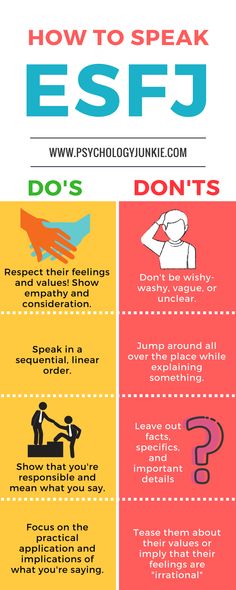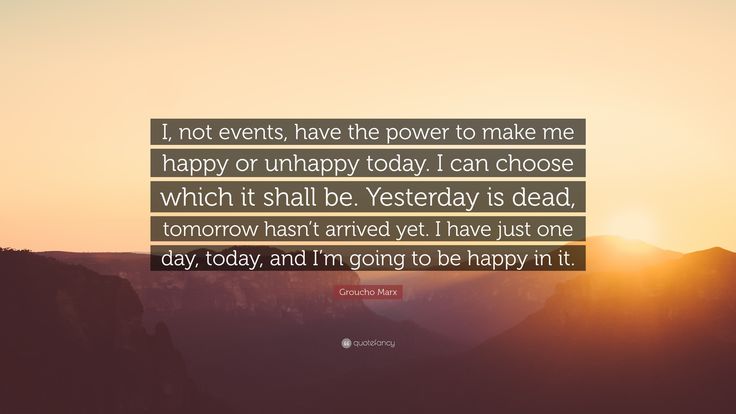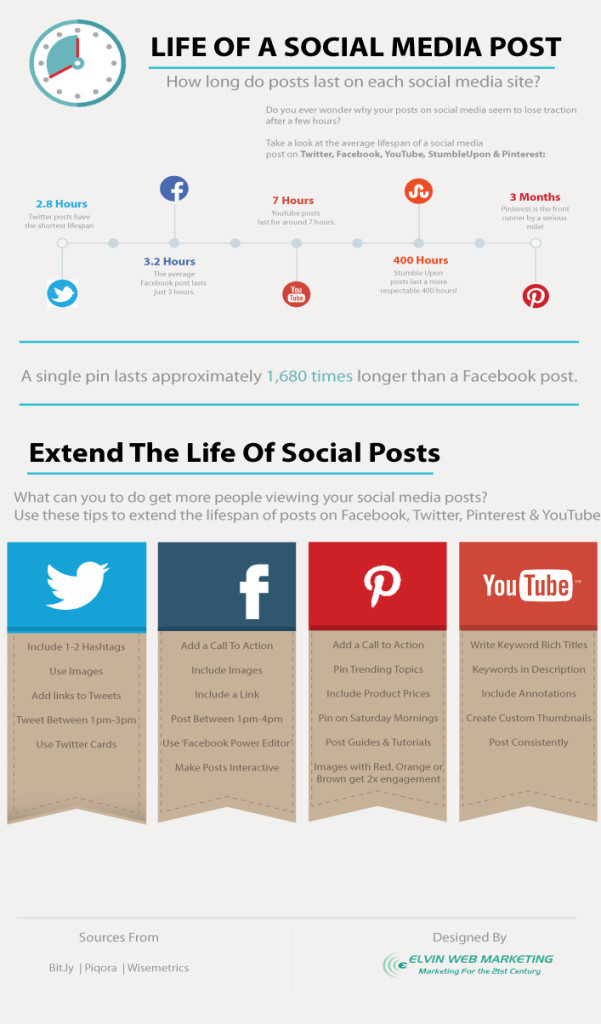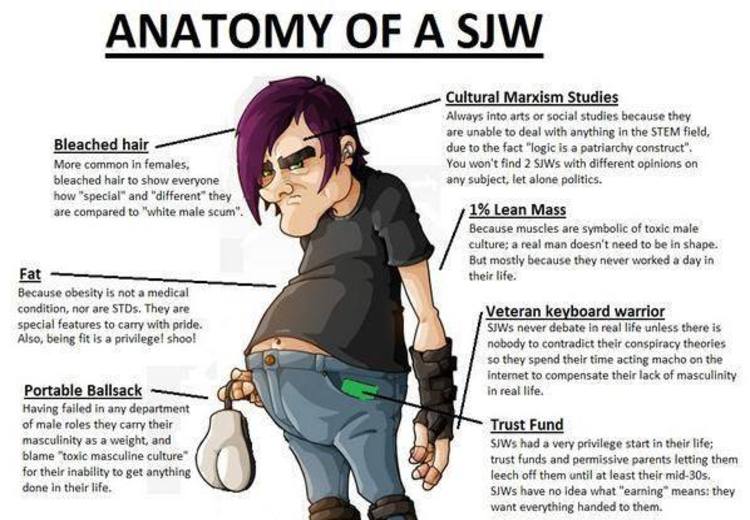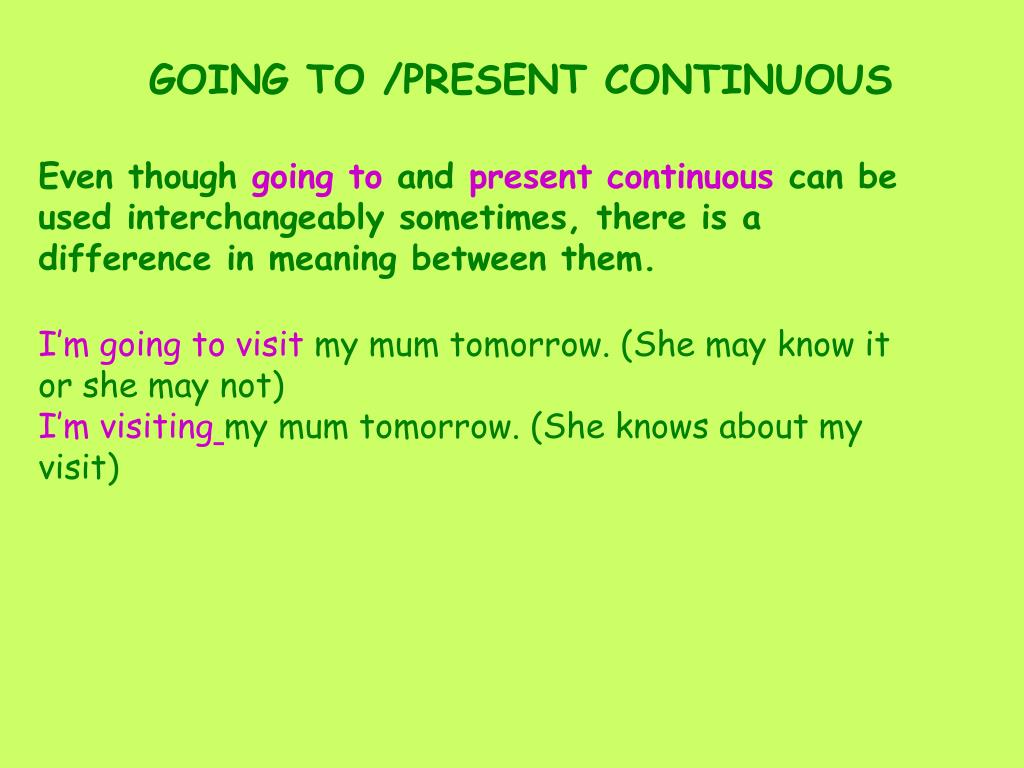Is the family dinner overrated
I’ve Given Up On Family Dinners, And Everyone Is Happier Now
I’ve heard it all before. You’ve probably heard it too.
“Family dinnertime is the most important part of the day.”
“A family who eats together, stays together.”
You may have even seen the research showing links between family dinners and higher grades, lower risk of drug use, healthier eating habits, increased family bonding, and lower rates of asthma. Or the research saying kids who have family dinner every night are at a lower risk of depression and suicidal thoughts.
It’s enough to make a parents like me – who rarely have formal family dinners – totally wracked with guilt and worry for our kids’ futures and livelihoods.
But I’m going to go ahead and call bullshit on the whole thing. I don’t think you need to eat dinner together as a family to raise happy, well-rounded, healthy children. There is definitely more than one way to do that – and honestly, the idea that family dinner is the
only way is based on an antiquated, out-of-touch model of family life that just isn’t realistic for most of us.
First, let’s talk about what dinnertime looks like for the vast majority of us. Many families are made up of two parents who work – and many families are headed by single parents, most of whom work as well.
Even if there is a parent who stays home with the kids, he or she is likely totally swamped with childcare and household maintenance because goodness knows most stay-at-home parents get little or no outside support.
The point is that the vast majority of us simply don’t have time prepare, serve, and organize those picture-perfect family dinners.
But let’s say you do have the time and inclination to have a sit-down family dinner. Let’s talk about what the hours between 5-7 p.m. look like for most families. You are likely dealing with either (A) homework battles; (B) schlepping your kids all over the planet for extracurricular activities; or (C) the normal witching hour/kid/parent meltdowns.
While we are being brutally honest here, let’s talk about the fact that you are probably cooking more than one dinner, because you have at least one picky AF kid. Or maybe you are simply reheating chicken nuggets and nuking some mac and cheese. Who knows, maybe it’s cereal for dinner night.
Or maybe you are simply reheating chicken nuggets and nuking some mac and cheese. Who knows, maybe it’s cereal for dinner night.
Whatever it is, unless you are given an hour of uninterrupted silence, an unending well of patience, or a chef or a babysitter, dinner time in your house is probably a total and complete shitshow, amiright?
Oh, and did I mention that in 90% of two-parent heterosexual families, it’s always the woman who does the cooking? And the cleaning up. So even when you do make family dinner, you are rarely able to sit down and eat it with your family.
It is for these reasons – and so many more – that a huge number of us have just flat out given up on family dinners.
I, for one, gave up years ago. Evenings – especially during the work week – are total chaos in my house and it’s not worth the stress. It’s not that I don’t do family dinners at all, ever. We have family dinners most weekends, and they are awesome (and chaotic and imperfect).
But during the work week? Dinnertime looks like me cooking a few things for my family (try as he might, my husband is just not the family chef and I’m okay with that). Often it’s a combination of a few quick, healthy foods I can easily microwave or throw in a skillet.
If people are around to come to the table to eat it, so be it. If someone is in the middle of homework or not home from work/after-school activities, they can eat a little later. Not everyone is hungry at the same time either because of variations in lunch/snacktime, and we go with that too.
My top goal is to get everyone fed, as healthfully as possible – and to get through the slug of homework/dinner/clean-up/prep for the next day. The truth is that there is just too much do to wholly concentrate on family dinner.
However, that doesn’t mean we don’t bond with our kids. It doesn’t mean we don’t talk to them or spend one-on-one time with them every day. I think what the family dinner proponents are talking about is a daily ritual of putting away your distractions (i.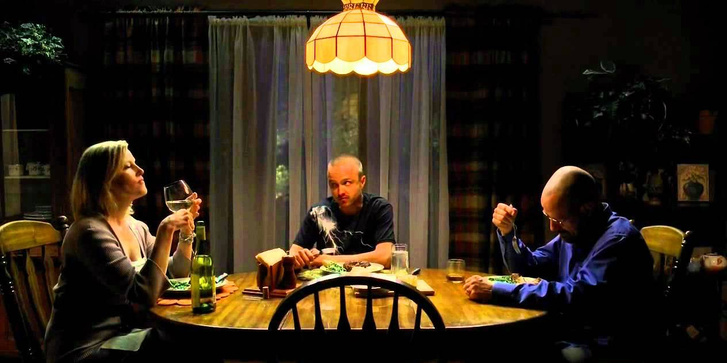 e., phones!), looking each other in the eye, and making sure to spend quality time together each day.
e., phones!), looking each other in the eye, and making sure to spend quality time together each day.
I believe in that. I just don’t think family dinner has to be the time and place to do that. Modern life is such that we all need to think outside the box when it comes to upholding age-old traditions. Oh, and stop judging people if they do things differently.
For my family, bedtime is our sacred time. It’s quiet then. The chaos has calmed. We are done with all of our evening responsibilities and chores. Bedtime is long and drawn out in our house because we read to the kids for at least 20 minutes, and then lie there and talk to them until they are out. It is our sacred time, and I do think it makes a huge difference in their lives.
If family dinnertime is that for you – and if you can find a way to make it a peaceful, non-stressful experience that works for everyone in your family – I think that’s wonderful. But if not, I’m going to give you permission to stop worrying about it.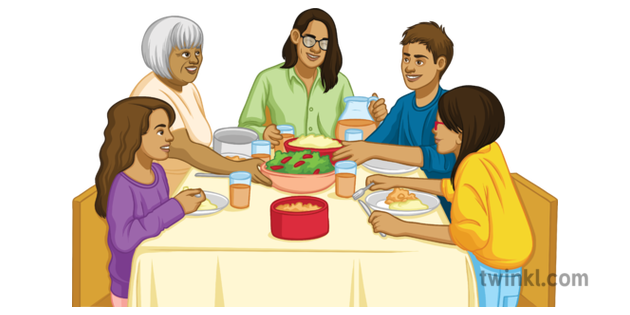 Seriously. We are all doing the best we can.
Seriously. We are all doing the best we can.
Family life looks different than it did 50 years ago. Most of us are doing it with a whole lot more responsibilities and a whole lot less help.
I want you to ponder this: If your family has ever been chastised for not doing family dinner, I’m going to guess it’s the woman of the house who got blamed. Because even though the vast majority of us are doing every goddamn thing in our house, it is still our sole responsibility to create a June Cleaver-like portrait of a family.
That’s some serious patriarchal bullshit right there.
So do family dinner if it work for you. But if not, please don’t sweat it. Feed your family. Love your family. Do it how it works for you. And drop the guilt.
This article was originally published on
Family Dinner: Does It Matter?
For some years now, we’ve been told that teenagers who sit down to family dinner every day are more likely to do well in school and less likely to abuse drugs and alcohol or get into trouble with the law.
It’s a piece of conventional parenting wisdom that has been honored, guiltily, in the breach in many households with two working parents and children with intense schedules of activities.
It’s been backed up by dozens of studies reinforcing the importance of regular sit-down dinners in keeping kids firmly in the parental orbit. There are whole books and web sites devoted to promoting closeness and sharing family values over home-cooked meals, rather than scarfing prepared food on the fly.
But a recent study purports to show that those de rigueur dinners may have been overrated.
A pair of researchers at Cornell and the University of Minnesota took a close look at data from interviews with some 18,000 adolescents, as well as their parents, over a period of several years, about their home lives and their well-being. Turns out that the long-touted importance of family dinners fades if you take into account other aspects of the families’ home life: whether there were two parents in the home, whether parents and kids did things together like go to movies, whether parents helped kids with homework, whether there was parental monitoring in the form of rules and curfews.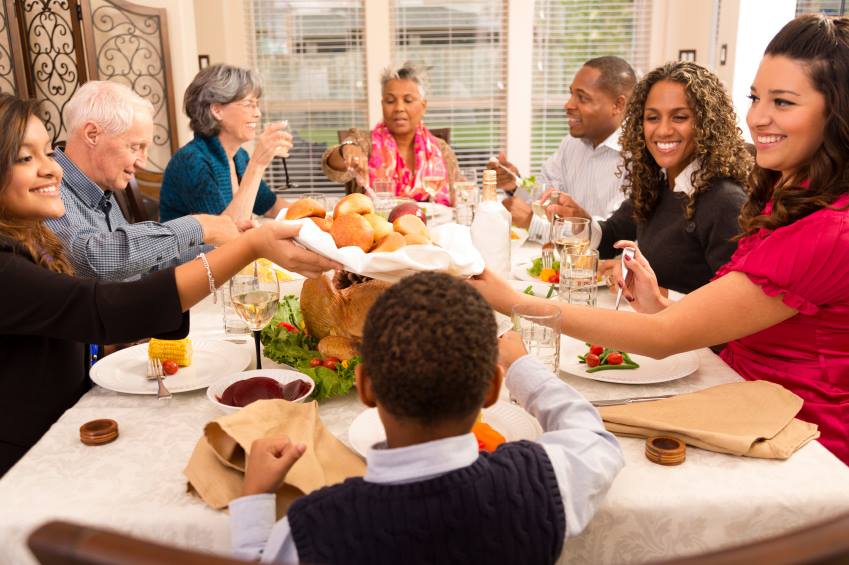
As they write in the New York Times:
To give an example: without controlling for such factors, we found that 73 percent of adolescents who seldom ate with their families (twice per week) reported drug and alcohol use, compared with 55 percent of those who ate with their families regularly (seven days a week). But controlling for these factors, the gap was cut in half, from 18 percentage points to 9.
Furthermore, when the researchers compared data from interviews with the same kids a year later and then again when they were young adults, the effects just didn’t persist.
So what’s the verdict on family dinner? None of this changes the fact that it’s a good way for parents to give kids undivided attention and tune into what they are doing and thinking. Regular meals together keep everyone in the habit of touching base and sharing information—even if not everyone is in the mood to do it. But it’s not by any means the only time or place to do those things.
The Times piece also mentioned a recent survey that asked teenagers when, other than over dinner, they talked to their parents about their lives. The vast majority said in the car. I can’t tell you the number of times that my wife or I have been surprised by hearing (or overhearing) something important from one of my kids while driving them somewhere. Talk in the car is informal and unplanned, which takes pressure off by lowering expectations, and, until smart phones became ubiquitous, it tended to be uninterrupted by intrusions from other parties.
The vast majority said in the car. I can’t tell you the number of times that my wife or I have been surprised by hearing (or overhearing) something important from one of my kids while driving them somewhere. Talk in the car is informal and unplanned, which takes pressure off by lowering expectations, and, until smart phones became ubiquitous, it tended to be uninterrupted by intrusions from other parties.
The point is, it isn’t the particular ritual of family dinner that has such an important influence on kids, but the habit of staying connected, and both talking to and listening to your kids on a daily basis. Even if you don’t do family dinner, you should still expect your kids to talk to you. Expect to know about their lives, who their friends are, what they’re happy about, and what’s bothering them. Expect them to continue to do things with you: go to a movie, share a meal at a restaurant, take a hike, go shopping, play tennis-whatever you (and they) like to do. Those expectations will help keep kids in your orbit.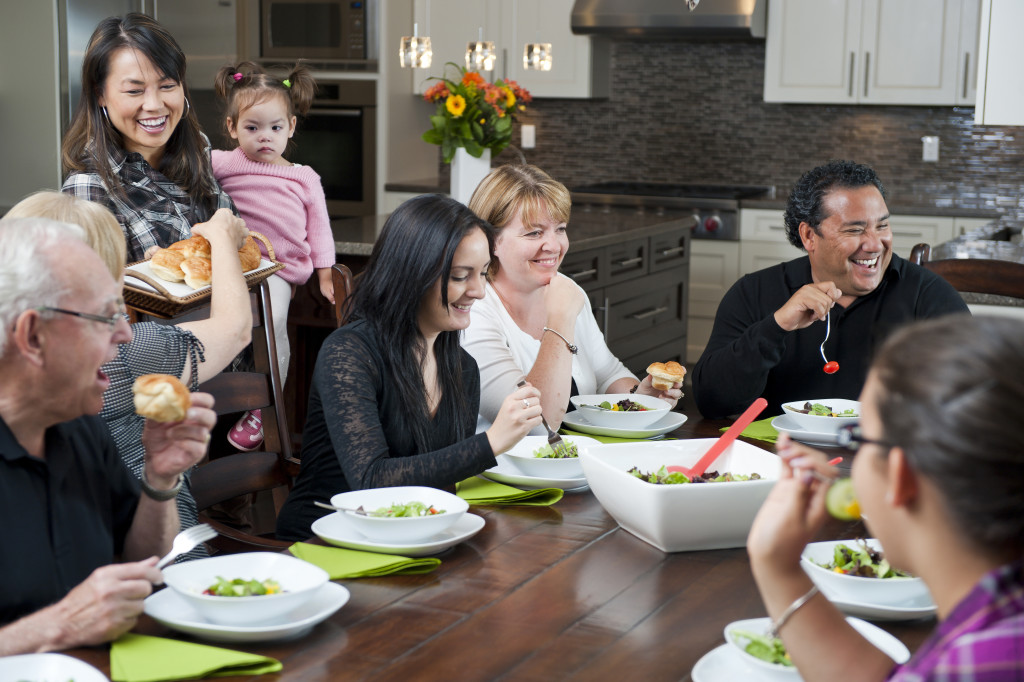
Teenagers are torn by their need for independence and their need for clear, close authority figures, even if they may not seem all that eager for the closeness, or the authority. Dinner may be overrated, but attention isn’t: Parents who rarely slow down enough to actually listen, or are chronically distracted when they’re at home, send a message to kids that they’re not a high priority. So whether it’s breaking bread together or watching a TV show together (another increasingly rare shared pastime), find a regular activity that’s a good way for your family to get the conversation started, and keep it going.
I was raised the same way: how family traditions inevitably become obsolete in the 21st century
upbringing September 20, 2019
Rating: 0
Joint celebration of holidays, a story about how the day went, a family dinner… Why did these rituals become so important to us in general?
Being a parent is a difficult, sometimes very thankless job! It seems that you are going out of your way to take care of the child, to provide him with a decent bright future, but he still wants to do everything his own way - he also slams the door to the room when he is offended, so much so that whitewash begins to fall from the ceiling .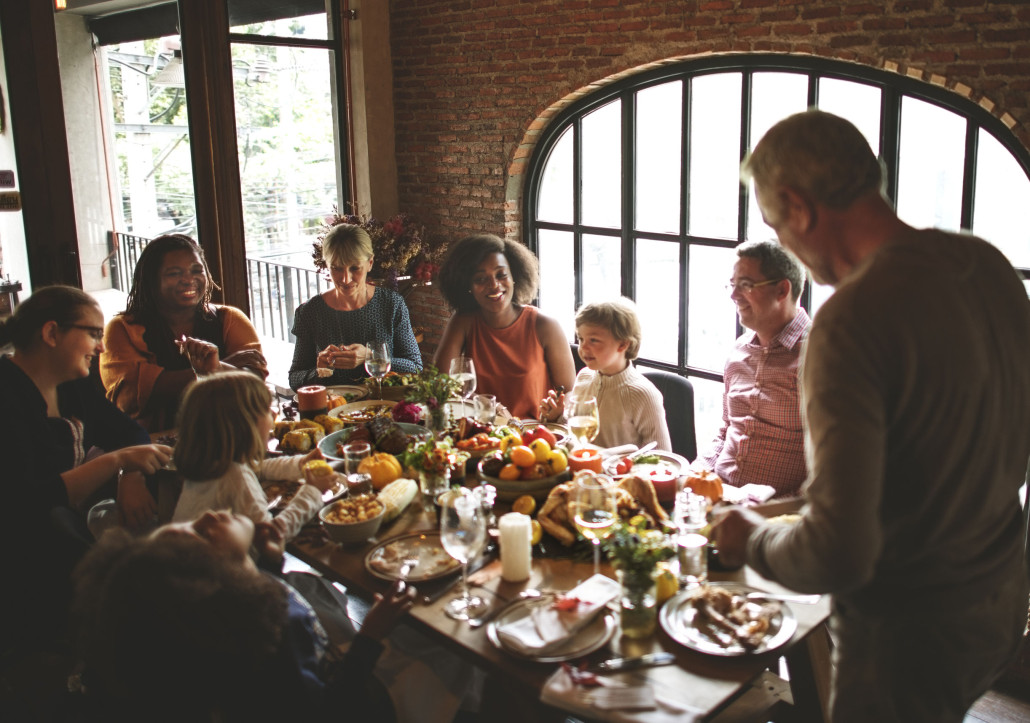
It would seem that all parents ask in return is elementary respect and observance of a number of family traditions. Joint celebration of holidays, a story about how the day went, a family dinner ... And it would seem, why did these rituals become so important to us? Jordan Shapiro, Ph.D., author of the book “How to prepare children for a future that can hardly be predicted” from the BOMBOR publishing house, decided to look into the issue. Using the example of himself and his two sons and with a historical context, he writes about the impact of modern technology on the upbringing of a child in the 21st century - and also clearly explains which traditions are deeply overestimated by society and why this happened.
Family dinner
Today, dinner is the cornerstone of family values and an iconic part of a healthy childhood. But the notion that perfect families have perfect dinners from the beginning had more to do with the social conditioning of the Industrial Age than health.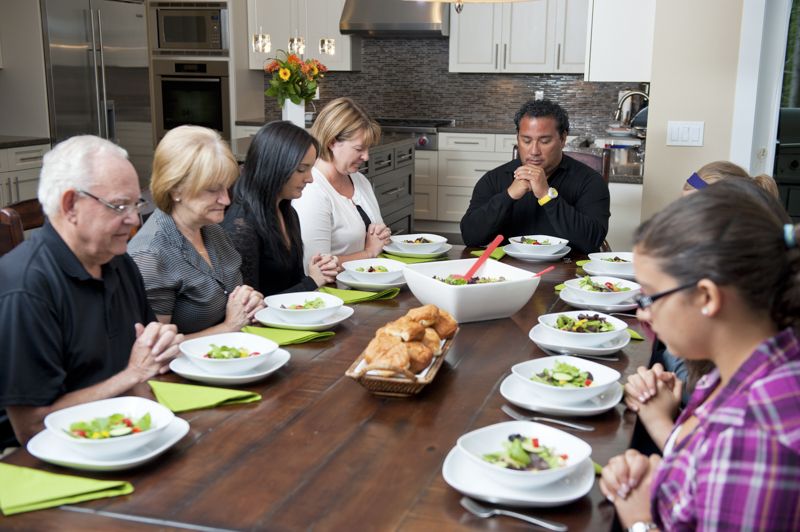 During the Victorian era, “the poor ate whatever they could, whenever they could,” writes historian John Gillis. “Even the middle class, who could afford adequate food, had no concept of “meals” in the sense that we define them today.” It was only in the middle of the 19th century that family members began to see each other during meals. Before that, everyone ate side by side, quickly and quietly. Even back then, communication was a minor element—if it existed at all.
During the Victorian era, “the poor ate whatever they could, whenever they could,” writes historian John Gillis. “Even the middle class, who could afford adequate food, had no concept of “meals” in the sense that we define them today.” It was only in the middle of the 19th century that family members began to see each other during meals. Before that, everyone ate side by side, quickly and quietly. Even back then, communication was a minor element—if it existed at all.
As a ritual, a family dinner began to take shape just in the 19th century - industrialization is to blame. Eating together emphasized the separation of work and home. The house took on a new meaning: it became a refuge in which families were protected from the machines, productivity, profits and immorality of the industrial world. And he remains so to this day - even if no one wants to “hide” anymore. Of course, a family dinner is great for teaching children how to fit into society. He shows them how to be polite and cultured; introduces them to traditional vocabulary and the terms of small talk.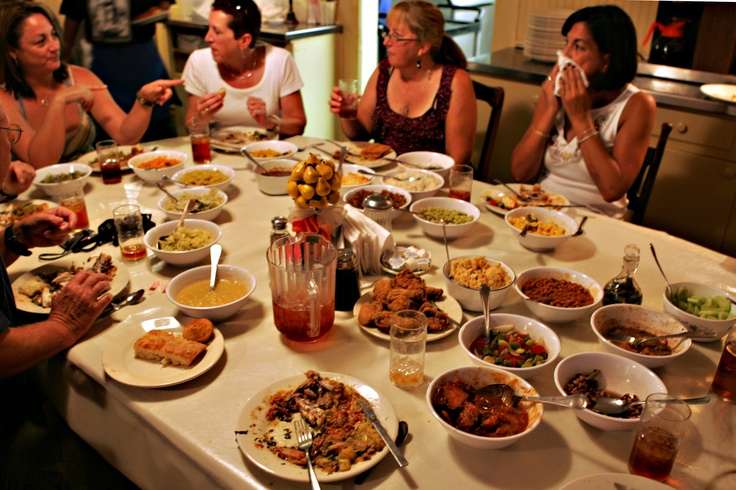 But the tradition itself as a whole appeared artificially - and clinging to it in an era when each family member lives according to his own unique schedule is quite problematic.
But the tradition itself as a whole appeared artificially - and clinging to it in an era when each family member lives according to his own unique schedule is quite problematic.
Paper books
On the Internet you can find a bunch of videos with babies who have been familiar with tablets since childhood, but had little contact with print media. They hesitantly try to “swipe” on paper pages and “tap” on the photo in the hope of changing the frame, and adults laugh, touch and share these videos with the whole world. As a result, we get a whole category of suspicious adults who do not want the child's skills to perceive information from traditional sources to atrophy so much that they are ready to completely protect him from modern technologies, leaving only paper media.
The truth is that the book itself has no value; technically, even the letters themselves are meaningless. But compiled in a certain sequence, these symbols allow us to acquire new information, gain knowledge and replenish our collection of facts that would not be in our memory if we did not know how to perceive words.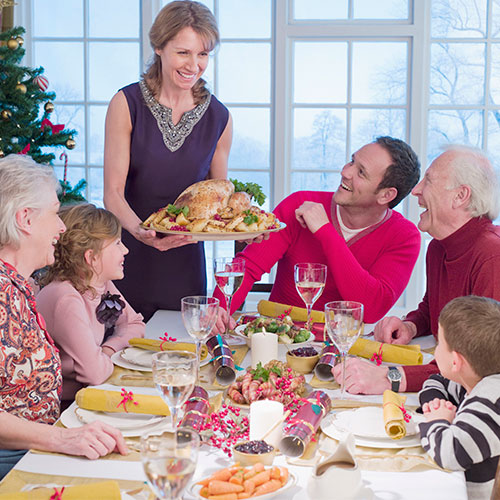 So what's the difference from which source to take this information? Modern tablets and specialized e-readers have long been adapted in such a way as not to impair the vision of the growing teenager; they are much lighter than full-length versions of paper books, and also cheaper. Considering that entire libraries can be downloaded per book, access to knowledge becomes virtually endless.
So what's the difference from which source to take this information? Modern tablets and specialized e-readers have long been adapted in such a way as not to impair the vision of the growing teenager; they are much lighter than full-length versions of paper books, and also cheaper. Considering that entire libraries can be downloaded per book, access to knowledge becomes virtually endless.
Handwritten
It's amazing what kind of controversy flares up when a child's handwriting leaves much to be desired - and how diligently teachers try to instill in children the ability to accurately write out words letter by letter. Even more surprising against this background is the fact that this desire is not supported by anything.
All the ministers and religious leaders of the Middle Ages could read, but only a few of them were trained in writing. Surprisingly, the idea that literacy requires both did not occur to anyone until the invention of the printing press.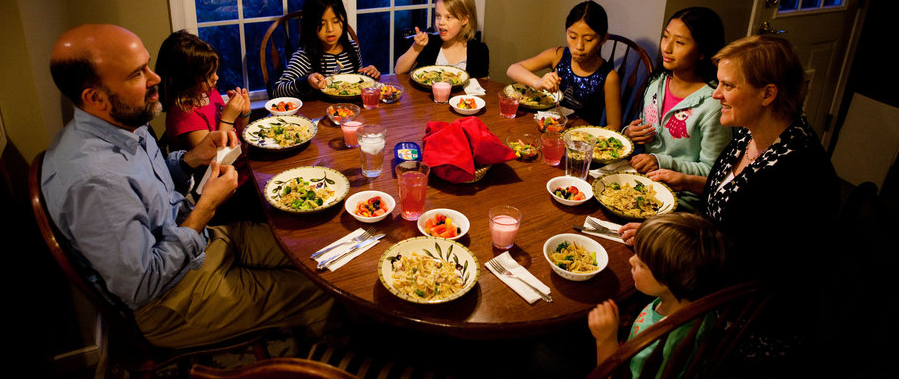 It was with the introduction of typography that text became an integral part of commerce—when receipts, contracts, and invoices entered the everyday economy. But even then specially trained people were engaged in fonts; most of the population this knowledge was not available.
It was with the introduction of typography that text became an integral part of commerce—when receipts, contracts, and invoices entered the everyday economy. But even then specially trained people were engaged in fonts; most of the population this knowledge was not available.
This, of course, does not mean that you can not learn to write at all - just that you should not worry so much about handwriting. Handwriting obsession is a sentiment artificially nurtured by entrepreneur Austin Norman Palmer, who, as an advertisement for his textbooks and courses, introduced the correlation "good handwriting combined with physical discipline testifies to virtue." Remember Bart Simpson writing the same phrase over and over on the board? Thanks Palmer. He would be happy to know that his marketing ploy is still actively paying off today - thanks to parents in whose mind a diligent child is obliged to write calligraphy.
Approach to education
It is impossible to mention prescriptions and forget about education as a whole - after all, the system is also undergoing significant transformations. Interactive panels hang where they used to drive chalk on the blackboard yesterday, the teacher gets the opportunity to introduce digital lessons into the course, and the students respond by tapping the keys on their MacBooks. E-journals, cloud workspaces and online tests: is it bad? Of course not. It's just unusual.
Every bedtime story, preschool alphabet song, and kindergarten book discussion teach children that words written on paper are worthy of thoughtful interpretation. When it comes to the screen, there is a cultural failure. We actively teach children that on-screen text and images are superficial and frivolous. As a consequence, people's lack of digital literacy is leading to political unrest around the world. Why? We still seem to believe that the internet is all about stupid jokes, memes, and 18+ content, when it is, in fact, an endless encyclopedia with an inexhaustible resource. Children should be encouraged to engage in virtual reality, online creative activities and computer-assisted projects.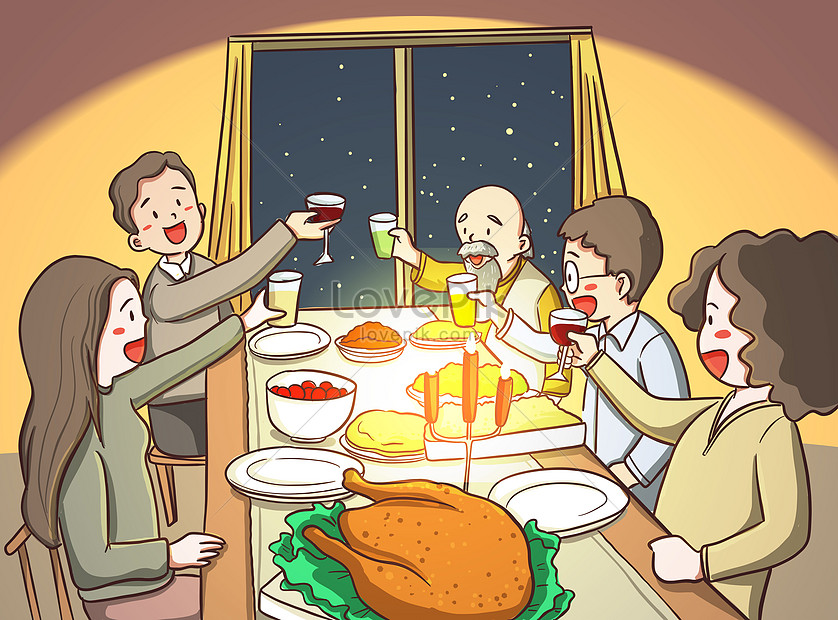 This is the best way to solve the problem of fake news. Through practical experience with digital rhetoric, children will learn to recognize, among other things, how the media can influence them coercively.
This is the best way to solve the problem of fake news. Through practical experience with digital rhetoric, children will learn to recognize, among other things, how the media can influence them coercively.
What other traditions are not worth fighting so hard for? What will happen to education in the future and what can parents do for their child during this period of transformation? Read Jordan Shapiro's How to Prepare Children for a Future You Can Hardly Predict!
Why people are not ready to give up the company for the holidays even during a pandemic - HEROINE
This year's holidays are definitely not like what everyone is used to. People celebrated lonely birthdays in quarantine, celebrated weddings on zoom, canceled banquets, and now you should not wait for corporate parties. Ahead is the most important night of the year - New Year's Eve, and many are not ready to spend it away from friends and relatives. Although at the end of November, the WHO representative in Russia, Melita Vujnovic, advised to celebrate the New Year at home, people, as always, are eager to reunite with family or friends at the table with Olivier.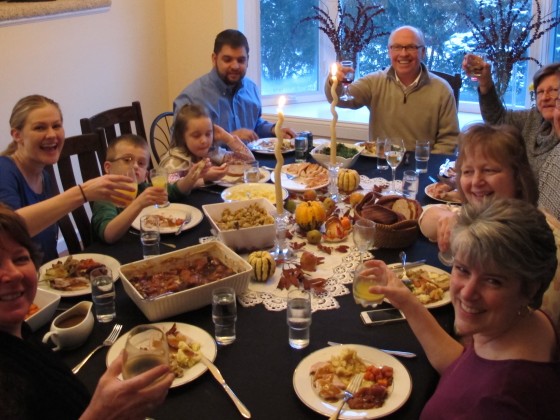 Let's figure out why celebrating alone scares us so much and why people are not ready to give up the company for the New Year.
Let's figure out why celebrating alone scares us so much and why people are not ready to give up the company for the New Year.
We value a sense of connection and reciprocity
Theorists of evolutionary psychology believe that most social connections are historically based on a sense of reciprocity, which is beneficial to all participants in the process. Ancient people shared food with allies, knowing that someday they would do the same for them. For the existence of any relationship, a balance is important, in which everyone gives something and receives something. As Dr. Samuel Roberts of Liverpool's John Moores University points out in an interview with The Guardian, consciously or unconsciously, we track the friendly gestures we make towards loved ones. In this sense, a trip to the family for the holidays is another important step in strengthening relationships. And for those who live far from their relatives, this is sometimes the only reason to go home in a year.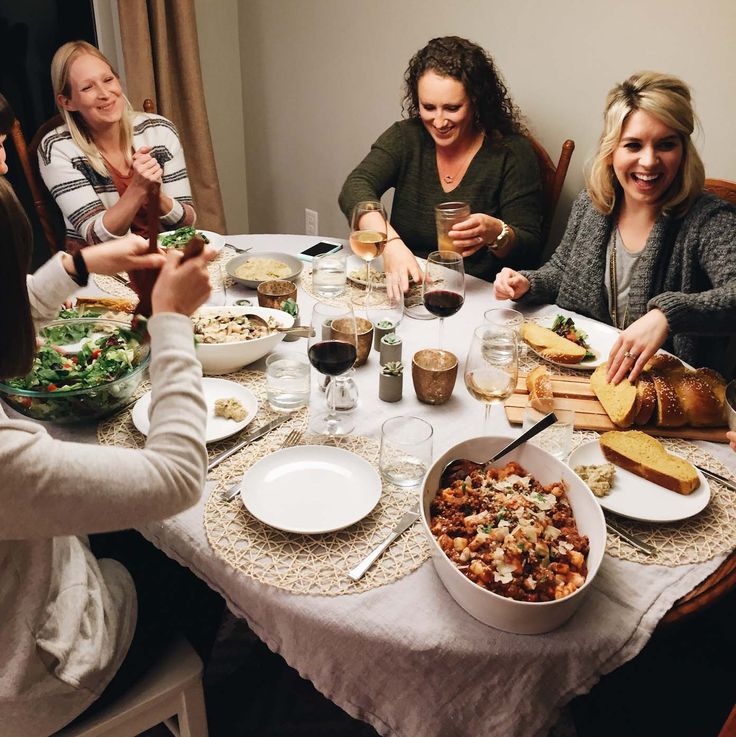
A holiday by definition is a social event
To understand why we are so afraid of the New Year alone, the very definition of a holiday will help. The culturologist and philosopher Mikhail Bakhtin called the holiday the most important feature of civilization, through which the system of values that unites a certain society is manifested. All researchers say that it is impossible to celebrate alone, this is an action that requires the participation of other people and collective empathy. And although modern people are increasingly coming to the conclusion that noisy companies, Olivier and other New Year traditions are greatly overestimated, it is difficult to refuse the perception of the holiday as something collective, because it is historically embedded in us. It is this that makes people go to a family dinner, even if the stress of meeting with relatives is more than pleasure, or agree to the New Year in an unfamiliar or unpleasant company, just not to be alone that night.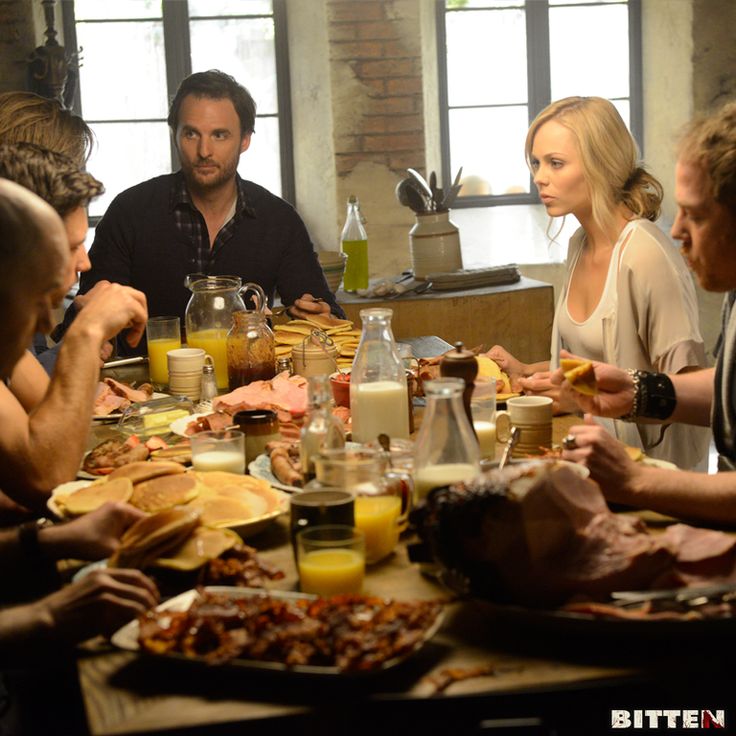 Read more: How to celebrate the New Year without leaving home
Read more: How to celebrate the New Year without leaving home
Many people tend to believe that their loved ones will not be affected by the disease
that this will not happen to them and their loved ones. Our own family seems safe to us even in cases where there is no reason for this. This concept, on the one hand, allows us to be less anxious, because in the world of a pandemic, a sense of security is especially important. On the other hand, the idea that troubles happen to anyone, but not to you, makes us frivolous.
Joint action seems less risky
Another effect that extends beyond family relationships is that people are more likely to take risks when they are not alone. Dr. Teagan Kruis of the Australian National University Canberra and a team of researchers have found in several experiments that a shared sense of identity encourages a person to try alcohol or unsafe sex, even if they were previously not inclined to such behavior.
